
The personal is political
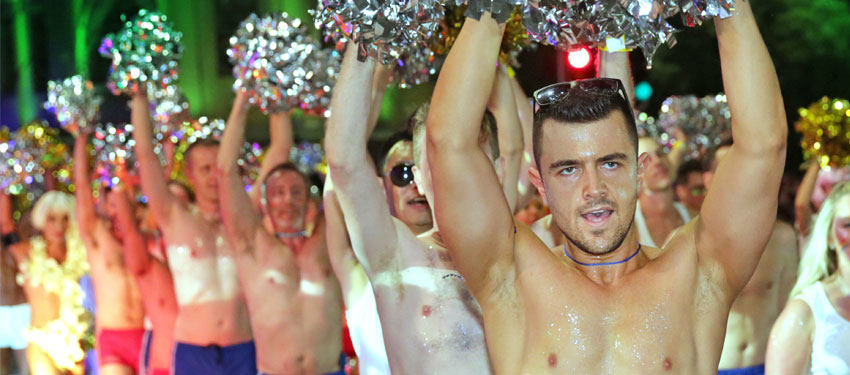
MY first memory of Mardi Gras is the vision of a giant sculpture of Pauline Hanson’s head chasing fish and chips down Oxford St. That must have been 1997, when Mardi Gras was televised on the ABC. I was in high school at the time, and was probably more interested in what I was seeing than I was willing to admit to my classmates, as we joked about it after school.
Actually, the rest of my family saw the parade live before I did. A couple of years after Hanson’s appearance, an exuberant aunt visiting from the US convinced my parents and cousins to trek into the city with milk crates to watch the parade. I’m not sure where I was — perhaps feigning a lack of interest?
I came out soon after, but I had no clue then that, in years to come, not only would I march regularly in the parade, but that I would spend a considerable proportion of my life advocating for the legal reforms whose pursuit is so interlinked with the history of Mardi Gras itself.
In truth, the first Mardi Gras in 1978 was never meant to be a political protest. Ron Austin, who can be credited with the idea, has said it was always intended as a celebration, after a morning protest and commemoration of the Stonewall riots. “You mean a Mardi Gras?” suggested Margaret McMann, a name remembered perhaps less often than it might.
The name “Mardi Gras” stuck, and as they say, the rest is history.
Mardi Gras is a celebration — of our diversity, our courage, our resilience, and our ability to do glitter and high heels better than just about anyone else.
Yet the very fact of the visibility Mardi Gras gives to LGBTI communities makes it an inherently political event as well. The history of our community’s pursuit for equality, respect and dignity can be traced in the themes of the parade and festival throughout its remarkable history, spanning over three decades.
From the battle for the decriminalisation of homosexuality in NSW (a battle we won in 1984), through the reclamation of our sense of purpose amid the ravages of the HIV and AIDS epidemic, to the campaign to equalise the age of consent in the early 2000s, Mardi Gras has acted as a megaphone to project our call for justice into the public arena.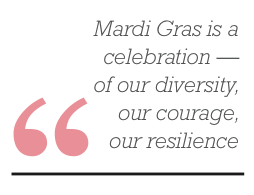
Today, the need to assert ourselves remains strong. An intransigent Federal Parliament continues to deny us the right to marry the person we love. Anti-discrimination laws at both state and federal levels permit religious schools to expel LGBT students, and religious organisations to discriminate in the provision of public services including healthcare and domestic violence support.
Changing laws are very important, but it is not enough either. Despite the tremendous progress we have made over the past decades in changing societal attitudes, LGBTI people continue to face discrimination in everyday life, and continue to entertain rates of depression and self-harm several times the national average.
For this year’s Mardi Gras parade, the NSW Gay and Lesbian Rights Lobby (GLRL) is focusing in particular on the needs of young people, under the banner “Every Student Counts”. Over the past year, important steps have been made in making schools safer for same-sex attracted, intersex and gender-diverse young people through the launch of Safe Schools Coalition Australia. The GLRL is excited to be a founding partner in Safe Schools NSW, and we are looking forward to the roll out of the program across Australia.
I am very lucky to have a supportive family (we all marched together in 2011), but not every same-sex attracted, intersex or gender-diverse young person can say that. However, every young person deserves to feel loved, respected, and welcomed whoever they are and however they identify.
Perhaps there might be some young person reading this who, like me all those years ago, sees Mardi Gras from a distance, and wonders what it will all mean in the context of their growing life.
To them I say this: Mardi Gras is for you. It is a message, reaching as far as it possibly can, that you are welcome, and that you should be proud of who you are. As we celebrate the incredible diversity of LGBTI communities, we are celebrating you too.
Happy Mardi Gras.
Justin Koonin is the convenor of the NSW Gay and Lesbian Rights Lobby. Visit glrl.org.au or follow them on Twitter: @NSWGLRL
**This article was first published in the March edition of the Star Observer, which is available to read in digital flip-book format. To obtain a physical copy, click here to find out where you can grab one in Melbourne, Sydney, Brisbane, Adelaide, Canberra and select regional/coastal areas.
RELATED: HAPPY MARDI GRAS! BUT SHOULD WE BE SO HAPPY? — By former High Court judge Michael Kirby
RELATED: MARDI GRAS’ SIGNIFICANCE IN AUSTRALIAN LGBTI HISTORY — By Australian Lesbian and Gay Archives’ chair Graham Willet
RELATED: WHY SYDNEY GAY AND LESBIAN MARDI GRAS IS A HIGHLIGHT ON THE CITY’S CALENDAR— By City of Sydney Lord Mayor Clover Moore
RELATED: WHY MARDI GRAS IS IMPORTANT TO ME — by Carmen Rupe Memorial Trust director Kelly Glanney




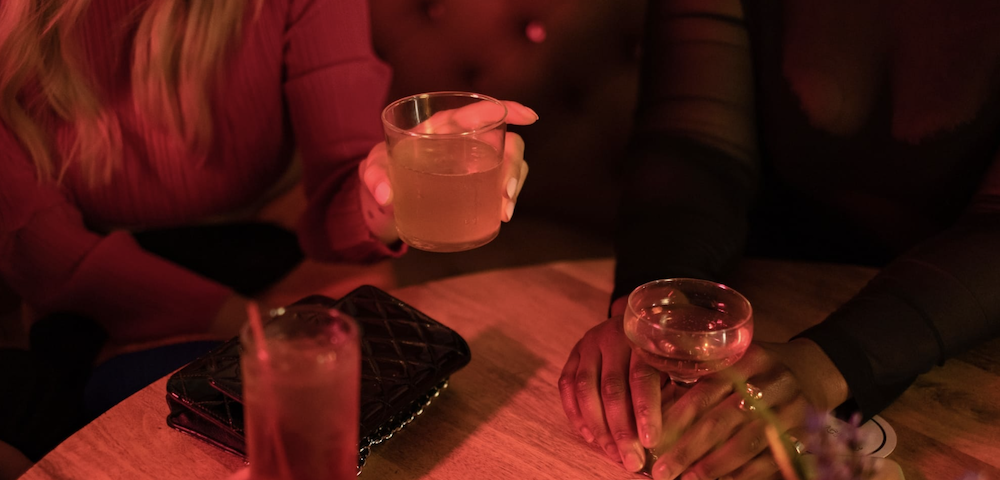
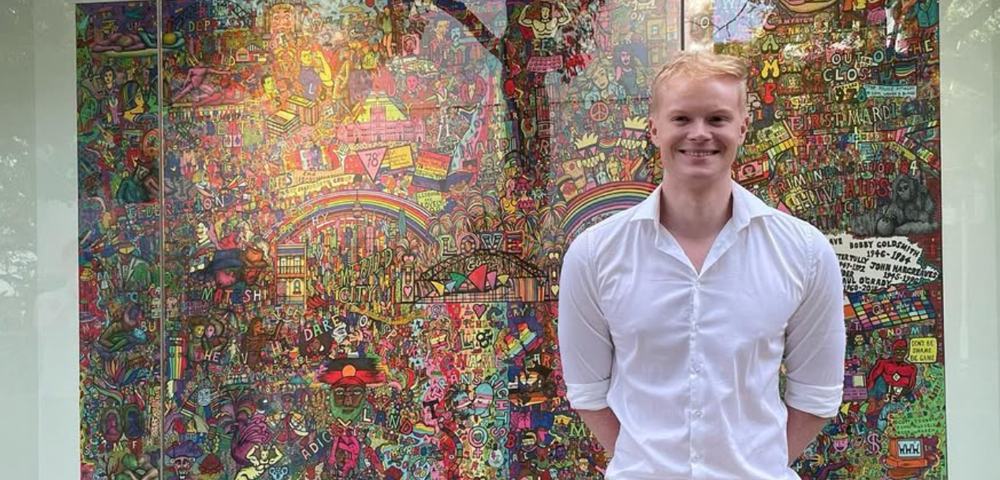

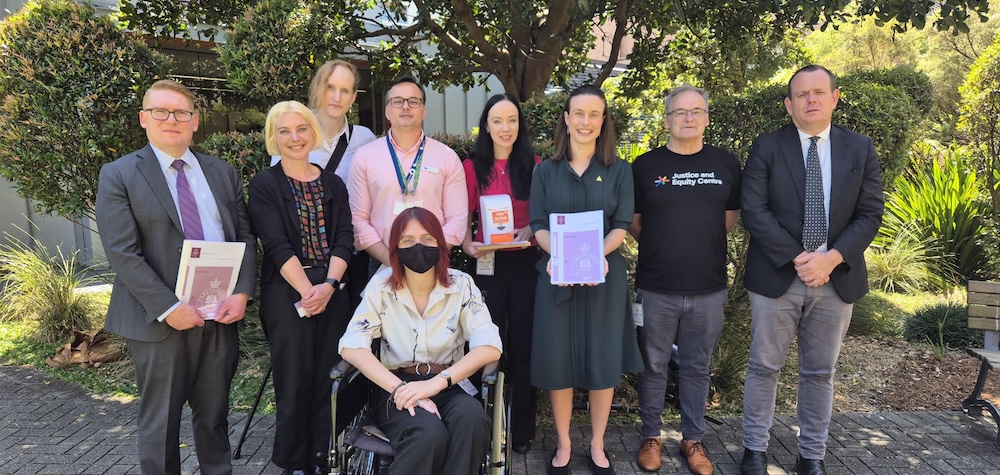
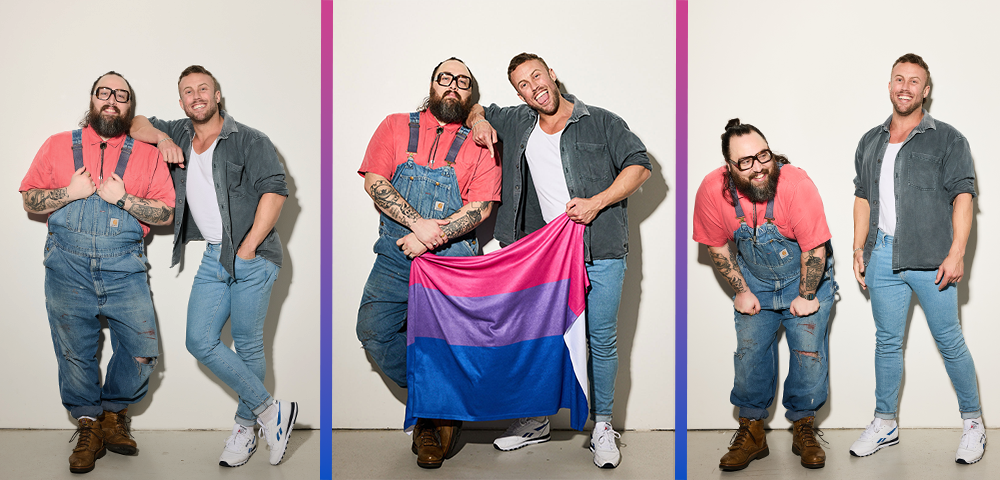

Yes Justin Koonin, LGBTI people continue to face discrimination in everyday life – particularly by your mates from NSW Police, and continue to entertain rates of depression and self-harm several times the national average.
The community is hurting because of the unfair treatment by NSW Police over many years, yet acon and the NSW Gay and Lesbian Rights Lobby continue to fail the community for the sake of funding opportunities… you’re a disgrace.
we deserve an apology for the brutality, bashings, lies and cover ups… we deserve an apology for the justice denied to the numerous victims of beat-related murders and their families… we deserve better community organisations and leadership by people who will hold NSW Police to account for their actions – not turn a blind eye to as you have done.
why does the Star Observer continue to publish this crap from community sell-outs…
Great article, & yes Mardi Gras is a celebration. We don’t need external validation. Happy Mardi Gras
Great article by Justin Koonan ….